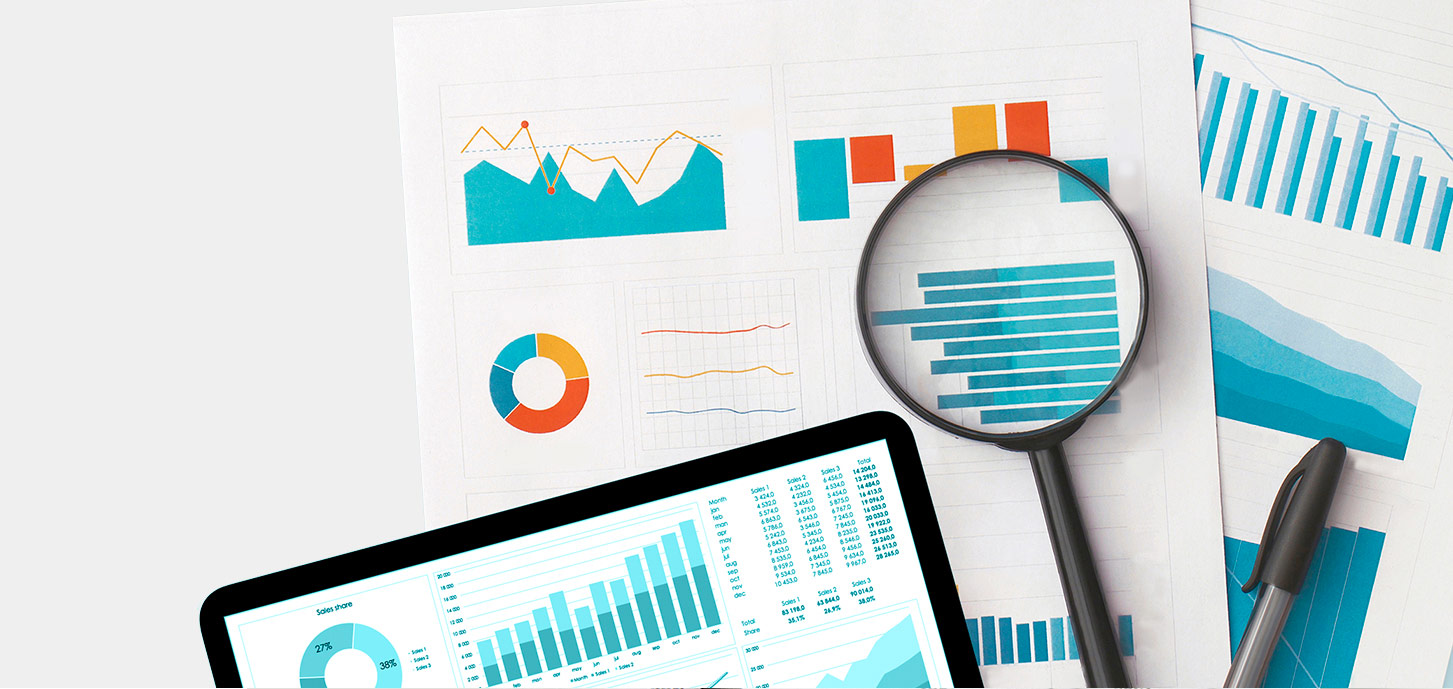A sustainability report helps organisations set goals, measure performance and manage change to make operations more sustainable. It also communicates your contribution to sustainable development and the impacts of your activities. For stakeholders, it shows your strategy, methods and progress on sustainability.
What do we mean by “sustainability”?
Sustainability is running the business while caring for the environment, seeking social fairness and creating economic value—meeting today’s needs without putting future generations at risk. It covers three dimensions:
- Environmental: materials, energy, emissions, waste, etc.
- Economic: value creation, impact, procurement practices, etc.
- Social: labour practices, human rights, health & safety, education, etc.
A sustainability report sets out your practices, approach and sensitivities across these areas. Any organisation can publish one; in Türkiye, reporting is mandatory for companies that exceed at least two of the thresholds below in two consecutive reporting periods (effective 01.01.2024). Banks supervised by the BRSA are in scope regardless of thresholds.
- Employees: 250 or more
- Total assets: TRY 500 million or more
- Annual net sales: TRY 1 billion or more
(Organisations outside the scope may still report voluntarily.)
Keep in mind when preparing a report
Sustainability reports help companies assess performance against goals, identify improvements, reduce risks and capture opportunities. Build your report to recognised standards and keep the purpose clear:
- Align with accepted frameworks and standards.
- Keep messages clear and concise; avoid data overload.
- Integrate sustainability with business strategy; explain how initiatives support core objectives.
- Anticipate challenges: cross-department data collection, data quality/integrity (especially non-financial metrics), and consistent definitions across locations.
Reporting frameworks (GRI and more)
Global Reporting Initiative (GRI) provides the world’s most widely used sustainability reporting standards—a common language for impacts used by 14,000+ organisations in 100+ countries. GRI’s mission is to help organisations understand and communicate how their activities affect people and the planet.
GRI Standards include:
- Universal Standards – foundation for all GRI reporting (e.g., governance, strategy).
- Sector Standards – guidance for specific sectors (agriculture, manufacturing, financial services, etc.).
- Topic Standards – detailed guidance on topics such as climate change, human rights and anti-corruption.
Typical GRI-based process: scoping & materiality → data collection → drafting → review/assurance → publication.
Other references you may use: UN Global Compact (UNGC) principles and OECD guidelines.
Benefits: higher transparency, better stakeholder engagement, competitive advantage and continuous improvement.
Sustainability Reporting; Advisory & Implementation
Choose Indeks for transparent, data-driven reports that enhance credibility.
- We plan the scope, set the framework (GRI, UNGC, OECD), gather and validate data.
- We write, edit, design, translate and produce the report—print or digital/interactive.
- Our teams have created award-winning reports for companies among Türkiye’s Top 500.
Ready to report with confidence? Send us your brief and we’ll shape a clear, compliant and persuasive sustainability report end-to-end.

